Unlock Your Creative Potential…Discover Your Mythic Path Today Click Here
Pathways to Performance Mastery
The Art of Performing Your Best When It Matters Most
Pathways to Performance Mastery
The Art of Performing Your Best When It Matters Most

The Pathways to Performance Mastery (PTPM) program’s mission is to support musicians in discovering their creative voice and learning how to demonstrate their musical artistry when it matters most by utilizing recent breakthroughs in mind–body medicine, neuroscience, somatic, sports & performance psychology, and trauma research. The program content is offered in a variety of different formats. In-person offerings include a two-part workshop series with a follow-up experiential masterclass, a one-day retreat, a weekend immersion, or a semester course. The online version of the PTPM program is offered as a 6-week webinar series.
Principle of Performance Mastery
Performance Mastery is the byproduct of clarifying who you are as a musical artist and understanding the performance preparation process that allows you to feel confident demonstrating your artistry even under pressure.
Pathways to Performance Mastery
What prevents musicians from being able to demonstrate their artistry when it matters most? It is easy to blame it on performance anxiety, but there are other reasons why a musician may not be demonstrating their fullest potential when performing under pressure.
One factor that is often overlooked is how certain approaches to the music-learning process can lead to less resiliency when performing under pressure. There is a significant difference in how a person performs under pressure based on whether they have utilized a predominantly intellectual and analytical approach in their music-learning process, or if they have learned to create an embodied, emotional connection to the music they are practicing, rehearsing, or performing.
It is common to approach the music learning process by first becoming proficient on your instrument or with your voice, and later working on your musical artistry. Learning the fundamentals of playing your instrument or singing without equally investing in the discovery and development of your musical artistry (i.e., focusing on what you want to say and the aesthetics within the music-making process) carries with it an unfortunate downside.
Years of analytical practicing (i.e., always thinking about the “how,” or the technique of playing your instrument or singing) creates a predisposition to default into that same type of brain function when performing under pressure. When this default pattern is triggered, it makes you more prone to self-analysis, judgment, negative self-talk, anxiety, and distraction. This triggered response also disconnects you from the music you are performing, the other musicians around you, the performance venue, and the people in the audience.
There is another approach to the music-making process which creates amazing results regardless of whether you are a beginner or an established professional. By creating an embodied, emotional relationship to the music being practiced, rehearsed, or performed, and by focusing on musical communication (what you want to say through qualities of expression), the brain is preconditioned to stay in a creative, whole brain process when you are performing under pressure. This results in less anxiety, improved focus, and greater confidence. This creative, whole-brain approach to the music-making process is at the heart of the PTPM programs.
The PTPM programs provide simple tools and techniques, based on breakthroughs in neuroscience, somatic & performance psychology, trauma research, and mind-body medicine, to empower musicians of all ages to approach each facet of their musical life with an embodied, emotional connection to their creative voice and to the music they are performing. Utilizing these techniques effects change at the most critical level—in the brain—by rewiring the neural pathways associated with the creative process, thereby reducing performance anxiety, and helping you to display your musical gifts when it matters most.
In addition to supporting musicians in understanding their unique artistry, the PTPM programs utilize techniques from sports psychology, Cognitive Behavioral Therapy (CBT), and embodied practices, to help you discover your unique performance preparation process and to help you establish a pre-performance routine that manages the mental, emotional, and physiological aspects of performance anxiety.
Principle of Performance Mastery
A powerful antidote to performance anxiety is to establish a daily routine of creating an emotional, embodied relationship to the music being practiced, rehearsed, or performed.
The PTPM Program has been presented at the following schools and festivals





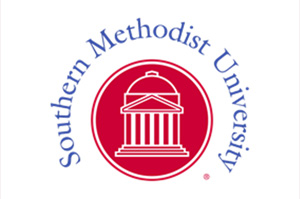
Testimonials
What people are saying about this transformative program
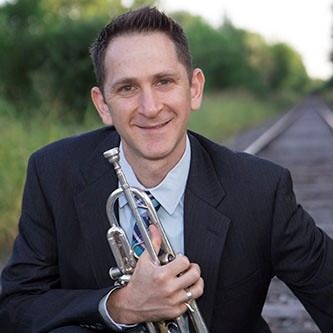
Gary’s PTPM program has been incredibly helpful and inspiring for our students. Working in both masterclass and individual lesson settings, Gary gave students tangible methods to help achieve peak performances in auditions and concerts. His time with the studio increased student awareness and connection with the music, thus allowing them more freedom in their playing and more enjoyment in their performances.
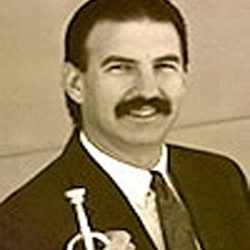
Gary Ferguson’s class on performance excellence was one of the year’s highlights of the Division of Music at SMU. His suggestions for connecting the performer with the music were spot-on and the information he presented should improve our students’ chances of audition and performance success considerably. A well-researched and thoughtful approach that would benefit any musician trying to be a more convincing and reliable performer.
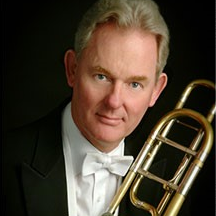
Gary Ferguson brought his Performance Mastery program to Southern Methodist University with great success. His approach is new and insightful. Although a cognitive approach has been offered before, Gary brings a new vision to helping performers achieve their best results. The individual sessions with the SMU students were highly useful to our students. They all reported a new way of thinking about and approaching their performance issues. Gary Ferguson’s life experiences have led him to groundbreaking concepts on the cognitive and physical issues performers must face in their development. I believe the Performance Mastery Program will become a more and more important tool for performers of all ages and development.

Gary Jobe Ferguson’s Pathways to Performance Mastery workshops at UT Austin provided the students with fresh and tangible approaches to deepening their connections to music while practicing and performing. His Somatic inTUNEment process offers an accessible procedure for embodying the qualities in the music being performed, and aligning physical and mental energy for optimal performance. In the workshops, he guides the students through a series of activities that help them explore their current strengths and then clearly define who they want to be as musicians in order to imagine and execute positive changes in their habits. Gary’s enthusiasm for both music and coaching individuals in their journeys of personal growth are richly inspiring and contagious!

Gary recently presented the first 2 parts of his Pathways to Performance Mastery Program at the Interlochen Arts Academy. This program is very thorough and well thought out! I can hardly wait to learn the rest of the program! This holistic program should be a part of every performer’s tool box as it is useful in all aspects of performing from the audition to the final performance! If you want to perform at your highest level, you need this program!
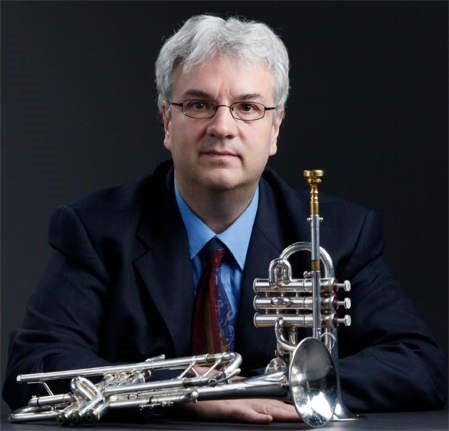
Thank you for your recent masterclass to the brass players at Texas State on performance mastery. The information was applicable to all levels and presented in a clear concise manner which made it very accessible. During lessons this week, all of my students talked about your presentation and the impact it had on them with one commenting that it was “life changing.” They all discussed how they now feel more in touch with the music and not just seeing notes on the page and wanting to express themselves as artists. The faculty and students are all grateful for your presentation and hope to have you return in the near future.
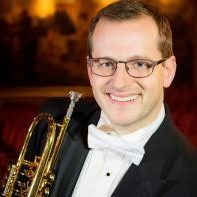
Gary Ferguson presented his Pathways to Performance Mastery clinic at the Festival Institute at Round Top this summer, and the overall impact at the festival was remarkable. His masterclass presented a clear and fully developed plan for integrating mind, body and emotion in performance. Students and faculty alike benefited greatly from the class, and the students that sought out individual sessions with him showed significant improvement in just a matter of days. His approach integrated perfectly with my own private instruction of the students. Additionally, my personal experience with Gary that summer provided an invaluable springboard for me as I prepared for my successful audition with the Pittsburgh Symphony.
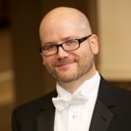
Gary Ferguson’s Pathways to Performance Mastery presentation for the students at Belmont University gave them a new and important perspective from which to process their music making. The presentation helped the students to connect to the music on a deeper, subconscious level, allowing them to gain a deeper understanding of the musical language and help to free them from concern over playing “correctly.” Gary is to be congratulated for his important and helpful work in understanding ourselves and how we can reach our highest potential as musicians!
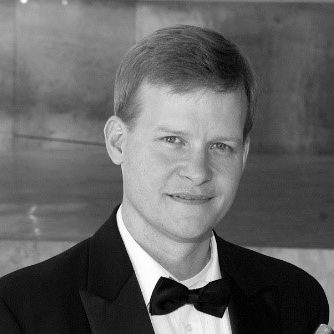
I have worked with Gary for the last 2.5 years utilizing the PTPM program. In that time, I have noticed dramatic shifts in the way I approach trumpet playing. Gary’s ability to lead me to discover what was at the root of my most self-limiting habits and beliefs was in itself a revelation, but then he was able to go further and provide me with the tools to not only eliminate them, but also to recognize when new ones would begin and stop those as well! I can honestly say that the last few years of trumpet playing have been my most musically satisfying and I have Gary to thank for that! I believe all musicians would benefit greatly by working with him and have recommended him to everyone I know!
The Four Pathways
to Performance Mastery
PTPM Part I
Keys to Discovering and Communicating Your Artistry
PTPM Part II
The Art of Performing Your Best When It Matters Most
Pathway #1
Understanding Your Musical Artistry
The foundation of the first part of the PTPM program is focused on helping you understand who you are as a musical artist. As you learn how to use the 4-Element Performer framework (earth—tone/intonation, water—phrasing/musicality, air—articulation/style, and fire—technique/timing), along with identifying the qualities that make up the various components of your artistry, you are naturally guided in becoming a well-rounded musician.
Knowing who you are as a musical artist also brings clarity to your path of development—the things that need your attention in the practice room. Knowing your musicianship on this deeper level becomes a guiding force in your performance preparation, helping you to overcome technical challenges in the repertoire being practiced and serving as a helpful framework for interpreting and connecting to the music you are being asked to perform.
Stepping out on stage grounded in your musical artistry promotes greater resilience, confidence, and courage, especially when you find yourself performing in intimidating and less than supportive performance settings. Inevitably, there are ups and downs in the life of a musician. When you have clarity about your musical artistry, you are connected to a part of yourself that makes it much easier to bounce back from and get on the other side of setbacks, disappointments, and perceived playing/singing challenges.
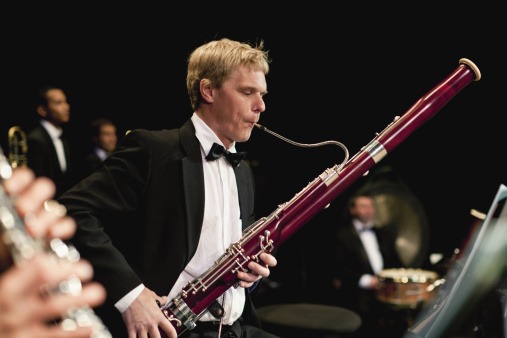
Principle of Performance Mastery
The foundation of the music-making process is understanding your unique artistry and the qualities that make up who you are as a musician.
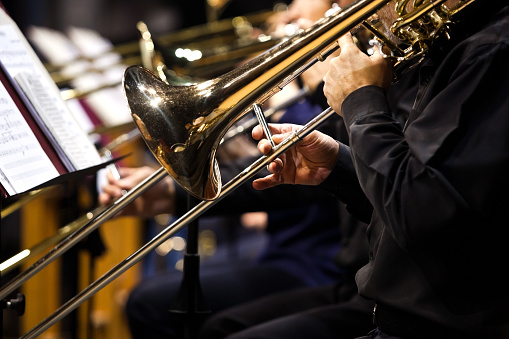
Pathway #2
The Art of Musical Communication
This pathway utilizes a number of experiential processes to help you to discover your strengths and weaknesses as a musical communicator. Learning embodied and aesthetic approaches to the music-making process will help you create a more personal relationship and connection to the music you are performing.
After learning the tools and techniques in this pathway, you will have a clear understanding of how to avoid the trap of being fixated on technique and playing your instrument or using your voice at the expense of communicating your artistry and feeling connected to the music you are performing.
Approaching the music-making process as a musical communicator produces several important outcomes. It enhances your technique and your ability to play your instrument or to sing efficiently (without you consciously thinking about it), it makes practicing more enjoyable, it improves concentration and memorization skills, it allows you to stand out during performances and auditions, and it decreases the effects of performance anxiety.
Focusing on musical communication also activates both hemispheres of the brain, producing greater attunement and sensitivity with other performers and a heightened capacity to creatively respond to unexpected incidents during a performance or audition.
Principle of Performance Mastery
By recognizing your unique relationship to the music you are performing and focusing on musical communication, you greatly enhance your ability to perform well under pressure.
Pathway #3
Mind-body Approaches to Performance Preparation
Experiencing both personal agency and self-efficacy in your performance preparation is greatly enhanced when you implement routines that de-stress your brain, enhance your mind-body connection, and support self-regulation—the ability to handle emotional and energetic arousal (e.g., performance anxiety).
By learning how to listen to the wisdom in your body you will be able to turn your body, the music being performed, and any performance venue into safe resources—support structures and allies in your performance process.
Even though it can be frustrating and sobering to acknowledge your strengths and challenges as a performer, and to admit how you are being impacted by music performance anxiety (MPA), doing so is the starting point for you becoming your own master teacher—self-correcting while preparing for important performances and auditions so you can achieve your goals and display your gifts when it matters most.

Principle of Performance Mastery
All the wisdom you need for recognizing and transforming what holds you back as a performer lies within.
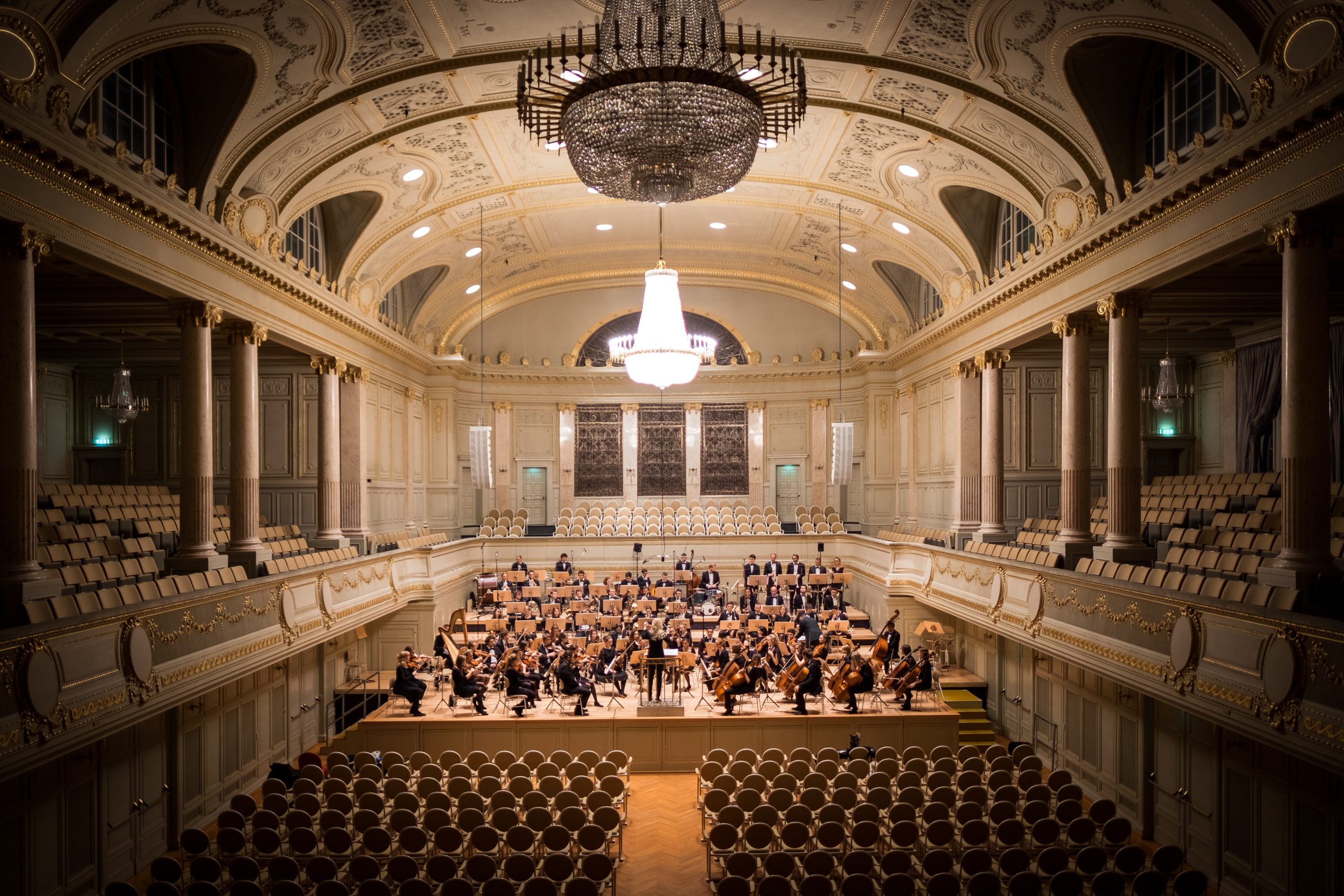
Pathway #4
Designing Your Personal Pre-Performance Routine
This pathway offers tools and techniques that will support you in constructing a pre-performance routine (what you think about and do right before you perform) that aligns to how your brain works and helps you to demonstrate your musical artistry under pressure.
Along with covering the five essential components of an effective pre-performance routine, this pathway will guide you in using imagery to deepen your connection to the music you are performing, as well as applying the triune brain theory as a framework for constructing performance anchors that reinforce musical communication.
After learning the tools and techniques in this pathway you will fully understand how to prepare yourself mentally, emotionally, and physically prior to performing under pressure. An important outcome of this pathway is knowing how to tether your mind to what you are saying as a musician rather than getting pulled into the “how” of the music-making process during the act of performance.
With your personal pre-performance routine in place, you will experience greater comfort with the relational aspects of the music-making process—feeling comfortable connecting to the music, to the other musicians performing with you, to the space around you, to your body, to your artistic voice, and to the audience.
Principle of Performance Mastery
A critical component of performance success is designing a pre-performance routine that supports your learning style and helps you to communicate who you are as a musical artist.
Follow-up Masterclass
The Eight Performance Skills for The Soulful Musician™

There are eight performance skills that not only support a musician in demonstrating their artistry under pressure, but also enhance the experience of those in the audience. Those skills are connection/embodiment—earth, poise/resilience—water, concentration/mental agility—air, and freedom/expressivity—fire. This masterclass utilizes the tools and techniques from the initial two-part PTPM workshop series and explores the eight skills for the soulful musician through live demonstrations. The framework used during the live demonstrations is structured to help participants build critical listening skills and the capacity to evaluate musical performance. Between each live demonstration short lectures and exercises are given, covering how to practice the eight performance skills in preparation for an upcoming performance or audition.


